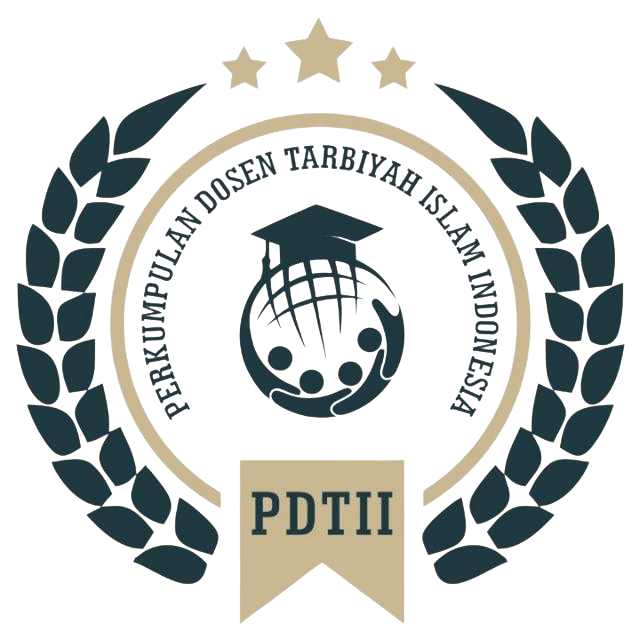IMPLEMENTASI PROGRAM TAHFIDZ SEBAGAI PENDUKUNG PRESTASI BELAJAR AL-QURAN HADIST SISWA DI MA AL-ITTIHAD PONCOKUSUMO
DOI:
https://doi.org/10.35897/jurnaltinta.v5i1.952Keywords:
Implementation,, Tahfidz Program,, Learning Achievement,, Subjects Al-Quran Hadith.Abstract
One of the ways Allah maintains Al-Quran is through the memorizers of Al-Quran. Currently, many people are enthusiastic about memorizing Al-Quran, especially among students who follow memorization in institutions, one of which is in Madrasah. Therefore, MA Al-Ittihad stipulated the existence of a tahfidz program to accommodate students who wanted to memorize Al-Quran both those who already had provisions or not. The objectives of this study were (1) to know the concept of the tahfidz program at MA Al-Ittihad Poncokusumo (2) to determine the implementation of the tahfidz program in supporting student achievement in Al-Qur'an Hadiths at MA Al-Ittihad Poncokusumo (3) to determine the supporting factors and a barrier to learning achievement of al-qur'an hadith for students of the tahfidz program at MA Al-Ittihad Poncokusumo. This type of research used is descriptive research with qualitative methods. The data collection procedure uses observation, interview and documentation techniques. The results showed that (1) the concept of the Tahfidz Program. At MA Al-Ittihad, the tahfidz program has existed since 2017. The tahfidz program at MA Al-Ittihad has a target that students must achieve, namely memorizing 10 Juz for 3 years. There are requirements before entering the Tahfidz class, namely taking the program entry test. (2) Implementation of the tahfidz program to support students' learning achievement of Al-Quran hadiths. Tahfidz activities are carried out every Monday-Thursday at 07.00-09.00 WIB. Learning begins with reading the prayer tahfidzul quran, reading sholawat ibrohimiyah and Asmaul Husna, followed by muroja'ah and deposits, many verses that are deposited by students are at least 1 front page every day, learning ends with a closing prayer. Other activities are tarjim, recitation and khotaman. There are 2 kinds of tahfidz learning evaluations, namely daily and semester evaluations. Accustomed to memorizing and interacting with Al-Quran can make it easier for students to learn Al-Quran hadith subjects so that it can improve student achievement. (3) The supporting factors for the learning achievement of Al-Quran hadith students in the tahfidz program include environmental factors, teacher motivation and peer support, while the inhibiting factors include technology, laziness and busy student schedules.
Downloads
References
Al-Hafidz, Ahsin W. (2018). Bimbingan Praktis Menghafal Al-Qur’an.
Hardani. (2020). Metode Penelitian Kualitatif dan Kuantitatif. Yogyakarta: CV. Pusaka Ilmu.
Nata, Abuddin. (2016). Pendidikan dalam Perspektif Al-Qur’an. Jakarta: Kencana.
Pongtiku, Arry. (2016). Metode Penelitian Kualitatif Saja.
Rusmin B, Muhammad. (2017). Konsep dan Tujuan Pendidikan Islam, Jurnal Fakultas Tarbiyah dan Keguruan UIN Alaudin Makasar. Volume VI, Nomor 1.
Siyoyo, Sandu. (2015). Dasar Metodologi Penelitian, (Sleman Yogyakarta: Literasi Media Publishing.
Yatimah, Durotul. (2017). Landasan Pendidikan. Jakarta: Alumgadan Mandir.







